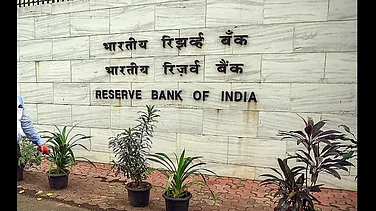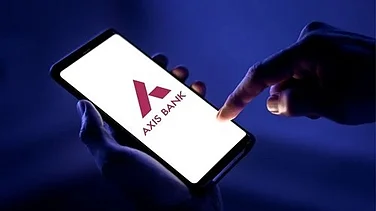The country’s largest public sector bank (PSB), the State Bank of India (SBI) has joined the Digital push by incentivizing the digital banking services provided by it. As a measure to attract more and more of its customers to digital banking, the Bank has decided to waive off charges for all the transactions that are carried out through Immediate Payment Services (IMPS), National Electronic Fund Transfer (NEFT) and Real Time Gross Settlement (RTGS) for its customers using internet banking, mobile banking and YONO (You Only Need One) mobile application.
The Bank has also waived charges on IMPS fund transfer up to Rs 1,000 through branch banking and has reduced NEFT and RTGS charges through branch banking by 20 per cent. This reduction in charges will come into effect from August 1, 2019.
As on March 31, 2019, the number of SBI customers using internet banking were more than six crore and its customers using mobile banking services stands at 1.41 crore. It also has nearly one crore registered YONO users. SBI also boasts of around 18 per cent market share in mobile banking transactions. Along with customer convenience, the Bank is optimistic that the waiver in NEFT, IMPS and RTGS charges will attract more customers towards digital transactions.
P.K. Gupta, MD (Retail & Digital Banking), SBI said, “One of our bank’s core strategies is to provide convenience to customers and encourage them to take the digital route for transferring funds. In sync with our strategy and Government of India’s vision to create a digital economy, SBI has taken this step to promote use of YONO, internet banking and mobile banking for doing NEFT and RTGS transactions without incurring any cost.”
The optimism shown by the SBI management has solid basis. The recent study carried out jointly by Assocham-PWC India revealed that Digital payments in India will more than double to $135.2 billion in 2023 from $64.8 billion this year.
“India is expected to clock the fastest growth in digital payments transaction value between 2019 and 2023 with a compounded annual growth of 20.2 per cent," said the study released recently. The study also showed that India’s share of worldwide transaction value of digital payments is also set to increase from 1.56 per cent to 2.02 per cent in the next four years. This time frame is important as by that time the centre is determined to make India a $5 trillion economy.
Among factors which led to the exponential growth in digital transactions are demonetization and discounts on mobile wallets and UPI transactions. Funding from a diverse set of domestic and international stakeholders also contributed to the growth in digital payments.
The study stated that regulatory efforts and the early successes of wallets of non-banking players (like Paytm) played a catalyst’s role in enhancing the digital landscape in the country in the last three years, with heavy traction in the past one year.
According to the study, the key growth driver for digital payment would be inter-operability between the pre-paid instruments (PPI) players, whose number has reached almost 50 in India.
“Interoperability is expected to remove such hindrances and enable users to make payments at any and all digitally enabled merchant outlets without the need to possess the same wallet platform. What makes interoperability possible today is the UPI, which allows users possessing accounts in different banks to transact with each other in real time," the study added.
The rise of digital commerce, innovation in payments technology using AI, blockchain, Internet of Things (IoT) and real-time payments and the introduction of mobile point of sale (PoS) devices have also contributed to the growth.
However, the study revealed that the digital payments industry would need to address challenges such as low margins primarily due to a cash back-driven culture, process inefficiencies like Know Your Customer bottlenecks and cyber security threats.































